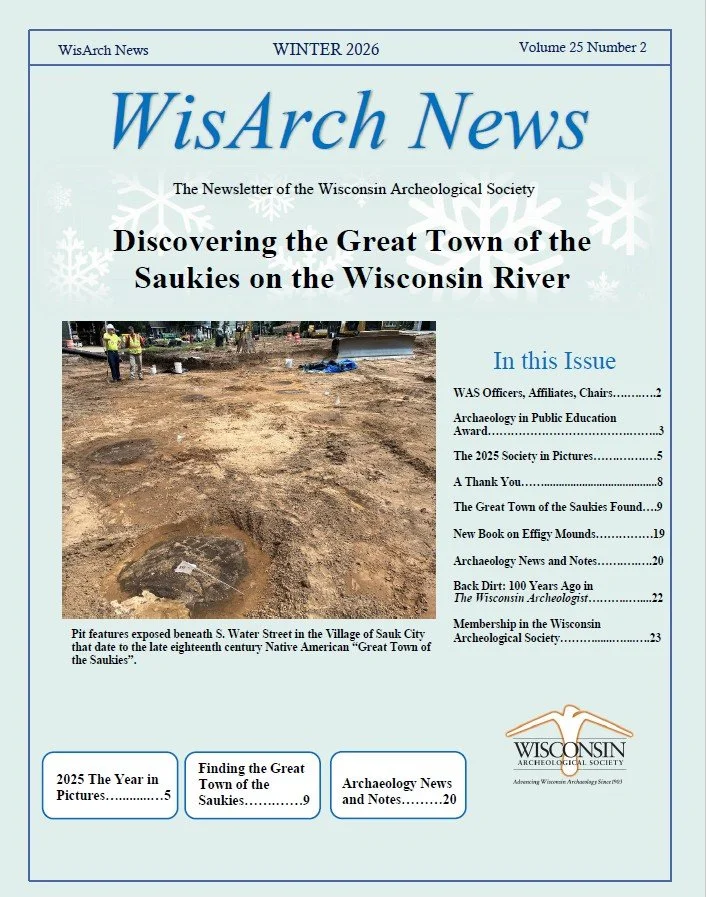Beyond the Turnip: Food Heritage and Archaeology in Istanbul’s Urban Gardens
Chantel White
University of Notre Dame
Historically, urban gardens across the world have played an essential role in daily city life. Local gardens have provided city residents with fresh produce and fed large populations during periods of famine. In Istanbul, Turkey, the city’s inhabitants survived an eight-year siege in the 14th century by eating turnips and onions from their neighborhood vegetable gardens. Incredibly, a portion of these centuries-old vegetable gardens in Istanbul survive today. They are currently being studied by archaeologists and archaeobotanists who are documenting the cultivation of unique, local cultivars. The last of the Istanbul’s historic gardens are under serious threat from urban development after 1,600 continuous years of vegetable and fruit production. Archaeologists, historians, and environmental activists in Turkey are working together to preserve these spaces as an important part of Istanbul’s cultural heritage.






